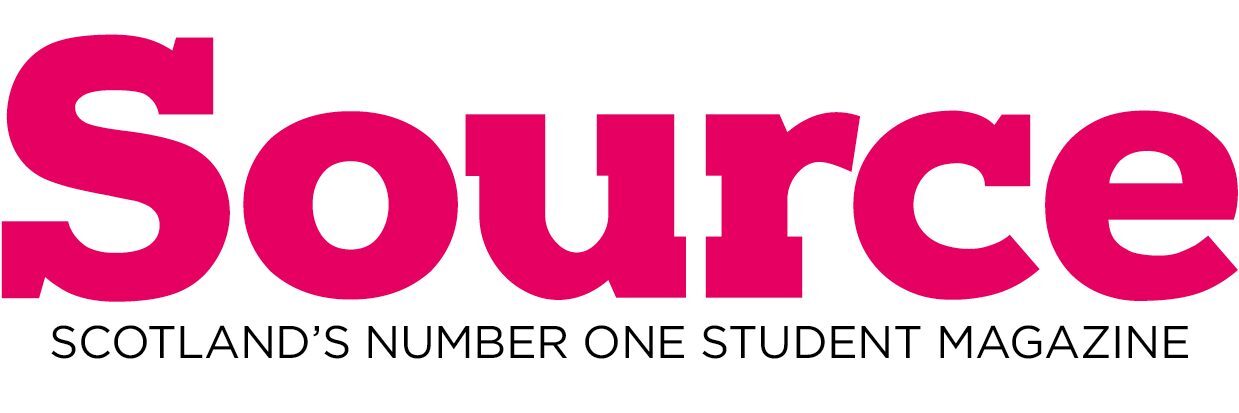
The Prime Minster has outlined plans to tackle ‘unconscious bias’ against minority groups in the university application process by omitting names by 2017.
The admissions body UCAS said that it had conducted research which revealed issues of under representation of Asian and black minority groups at UK universities and colleges.
UCAS Chief Executive Mary Curnock Cook said that the company is “deeply committed to increasing participation for disadvantaged groups”.
Prime Minister David Cameron also announced a pledge by leading graduate employers to introduce ‘name-blind’ recruitment measures to give people the fairest chance possible. These companies include the Civil Service, Teach First, the BBC, the NHS, HSBC, Virgin Money, KPMG and Deloitte. Together, this group of employers employ 1.8million people.
Civil Service Chief Executive John Mazoni said: “I am confident that this step will help us build an organisation that is even more talented, diverse and effective than it is today.”
Financial firm Deloitte want to go a step further by taking schools out of the equation. Chief Executive David Sproul said: “The introduction of name-blind recruitment processes and school and university-blind interviews will help prevent unconscious bias and ensure that job offers are made on the basis of potential – not ethnicity, gender or past personal circumstance.”
The Prime Minister said: “I want to end discrimination and finish the fight for real equality in our country.” He added: “Today we are delivering on that commitment and extending the opportunity to all. If you’ve got the grades, the skills and the determination their government will ensure that you succeed.”
Some research which promoted the PM to launch this project includes a study published by the National Bureau of Economic Research in the US titled ‘Are Emily and Greg More Employable than Laksisha and Jamal?’ It was a field experiment on discrimination in the labour market which found that job applicants with ‘white’ names had to send 10 CVs to receive a callback whereas those with African American names had a to send an average of 15.
Progress is being made in Britain as UCAS admissions in 2014 showed entry rates for 18 year olds from minority backgrounds were in fact higher than those of white adolescents. White students had entry rates of 27.2% compared to 38.7% of Asian students and 34.4% of black students. However, imbalance of admissions is not resolved and that is why this initiative to create more cultural equality has been launched.

